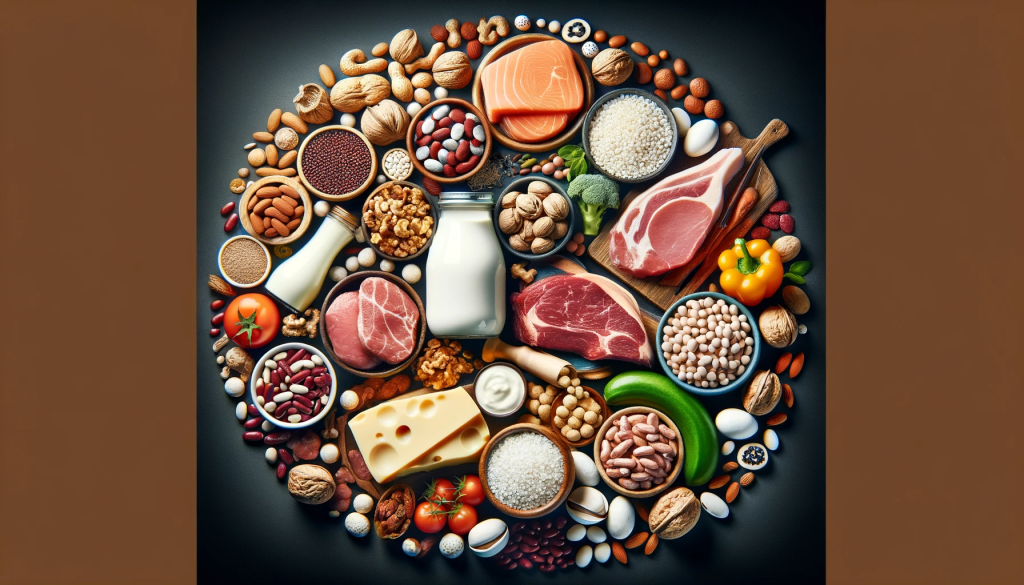Introduction
Protein is a vital nutrient, often surrounded by myths and misconceptions, particularly regarding its intake. This blog aims to clarify the truth about protein, its role in our bodies, and how much we really need for optimal health.
Understanding Protein
Proteins, composed of amino acids, are essential building blocks for the human body. They are crucial for the growth and repair of tissues, hormone production, and overall bodily functions.
- Essential Amino Acids: The body requires various amino acids, nine of which are termed ‘essential’ and must be obtained from our diet. Protein’s quality is often determined by its amino acid composition.
Daily Protein Requirements
Understanding your daily protein needs is essential for maintaining good health.
- Recommended Dietary Allowances (RDAs): The RDA for protein varies based on age, sex, and life stage. For most adults, it’s about 0.8 grams of protein per kilogram of body weight. Athletes, pregnant women, and older adults may have higher needs.
- Factors Affecting Protein Needs: Active individuals or those building muscle mass may require more protein. Age also influences protein requirements, with older adults needing more to counteract muscle loss.
Protein Myths and Facts
There are several myths about protein that can lead to misconceptions about its intake.
- High-Protein Diets and Kidney Damage: One common myth is that high-protein diets are harmful to kidneys. In healthy individuals, there is little evidence to support this, but those with pre-existing kidney conditions should be cautious.
- Protein and Muscle Building: While protein is essential for muscle growth, consuming it in excess does not equate to more muscle. Balanced nutrition and strength training are crucial for muscle development.
Sources of Protein
Diversifying your protein sources is important for a well-rounded diet.
- Animal vs. Plant-Based Sources: Animal proteins (meat, dairy, eggs) are complete proteins, while some plant sources (legumes, nuts, seeds) are incomplete, meaning they lack some essential amino acids. However, a varied plant-based diet can also meet protein needs.
- The Importance of Variety: Including a variety of protein sources ensures a broad spectrum of nutrients and can enhance overall dietary quality.

Protein and Health
The role of protein extends beyond just building muscle; it’s vital for overall health and wellness.
- Protein and Weight Loss: A higher protein intake can increase satiety, which may help with weight management. However, it should be part of a balanced diet and healthy lifestyle.
- Balancing with Other Nutrients: Protein should be consumed as part of a balanced diet that includes carbohydrates, fats, vitamins, and minerals, for overall health.
Conclusion
Protein is an essential part of the diet, but it’s important to approach its consumption with a balanced perspective. Understanding your individual needs, considering your sources, and aligning intake with overall health goals are key to benefiting from this vital nutrient. Remember, more isn’t always better; balance and variety are the pillars of a healthy diet.













































